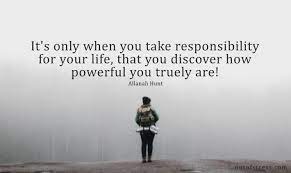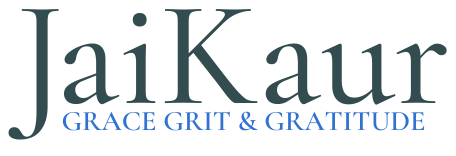Expanding on what I call “the power of your presence” which is a way of holding and engaging power differently that the dominant model of power-over and power through fear. When I am working with someone seeking change in their life, we work with their relationship to power. Their beliefs about power, how they engage-or don’t-their personal power, and how they respond to another’s use of power with them. Women often struggle with feeling confident with power, yet men do as well more than you might think.
The power of institutions and authorities outside us has significantly eroded in the past years. No longer do most people have as much faith in the institutions once powerful in people’s lives. Institutional, religious, and civic authority have given way to more authority and power being held by individuals as well as cause and identity-focused groups. So what happens when what used to control cultural norms and people’s behavior shifts in such a significant way?
It’s messy, confusing, and at times scary. And, it’s liberating, creative, and a time of making possible what was not possible in the “father knows best” paradigm. This shift from institutional to personal power does require more of a relationship with your power and clarity as to what you want to create in your life and relationships. My term for this new model of power is “the power of your presence”. It requires more engagement of your relationship with your power as well as showing up for what you care about and seek in life and love. In short, taking responsibility for your life and your relationships.

In working with my clients as they seek to resolve power imbalances in a relationship, their family, or at work, we engage learning about the power of their presence. Principles such as clarity as to what truly matters to them and commitment to living with integrity. It’s less a trying to control others and more about staying congruent with what matters to them, which bestows a power of it’s own.
Let me give you an example. A client had been married to an emotionally abusive spouse and she believed that divorcing him would vacate his bullying her. When she realized that divorce changed little of his behavior with her, she hired me to help her navigate her post-divorce life although with low expectations for what she could make better. She was willing to trust me enough to take up my suggestions including not bullying back when her ex did so to her. Doing so would not have been in integrity with the more peaceful life she wanted. We worked on how she wanted to feel confident and strong with her ex. So when he would verbally abuse her she learned to respond to only what was the business at hand holding clear and consistent boundaries with him. In time she felt safe again and confident she could hold her own with him no matter how he treated her.
So what were the principle of power and presence she engaged to go from feeling bullied and despondent about her ex’s behavior with her to feeling confident that she could take care of her son and herself with her abusive ex?
- She got clear on what she wanted-to feel safe and have peace in her life and home. And that how she had been raised to be a good girl was working against her as an adult.
- She stopped expecting others to make things better for her and instead trusted her power and presence to create what she wanted. Support yes, but as I tell my clients, they alone live the life I am helping them with. So the actions they take must work for them and their life. Not for pleasing me nor to make me happy with them.
- She acted with integrity to what she wanted. While her history with her ex was one of being bullied and being afraid of him, she understood that continuing to behave so meant her life would not get better.
- While at times she felt afraid, she choose to not live in fear. Feeling afraid and not taking risks to try new behavior with her ex would only keep her stuck in fear of him. So even though she felt afraid of him at times, she took up small changes, enjoyed success with her boundaries, and her confidence that her life could get better increased.
- She showed up for what mattered to her, committed to what she needed to learn, and trusted that setbacks were for learning from. “Progress not perfection” is a motto my clients hear often from me when they are engaged in changing a behavior. Small actions everyday have more power to change your life than does a “Hollywood moment” some day.
- While she was victimized, she did rest in being a victim, instead choosing to step into more responsibility for her life. Bad things happen to good people. Yet, we are bigger than anything bad that happens to us when we respond with our power and our presence to even that which feels like a sucker punch in life.
